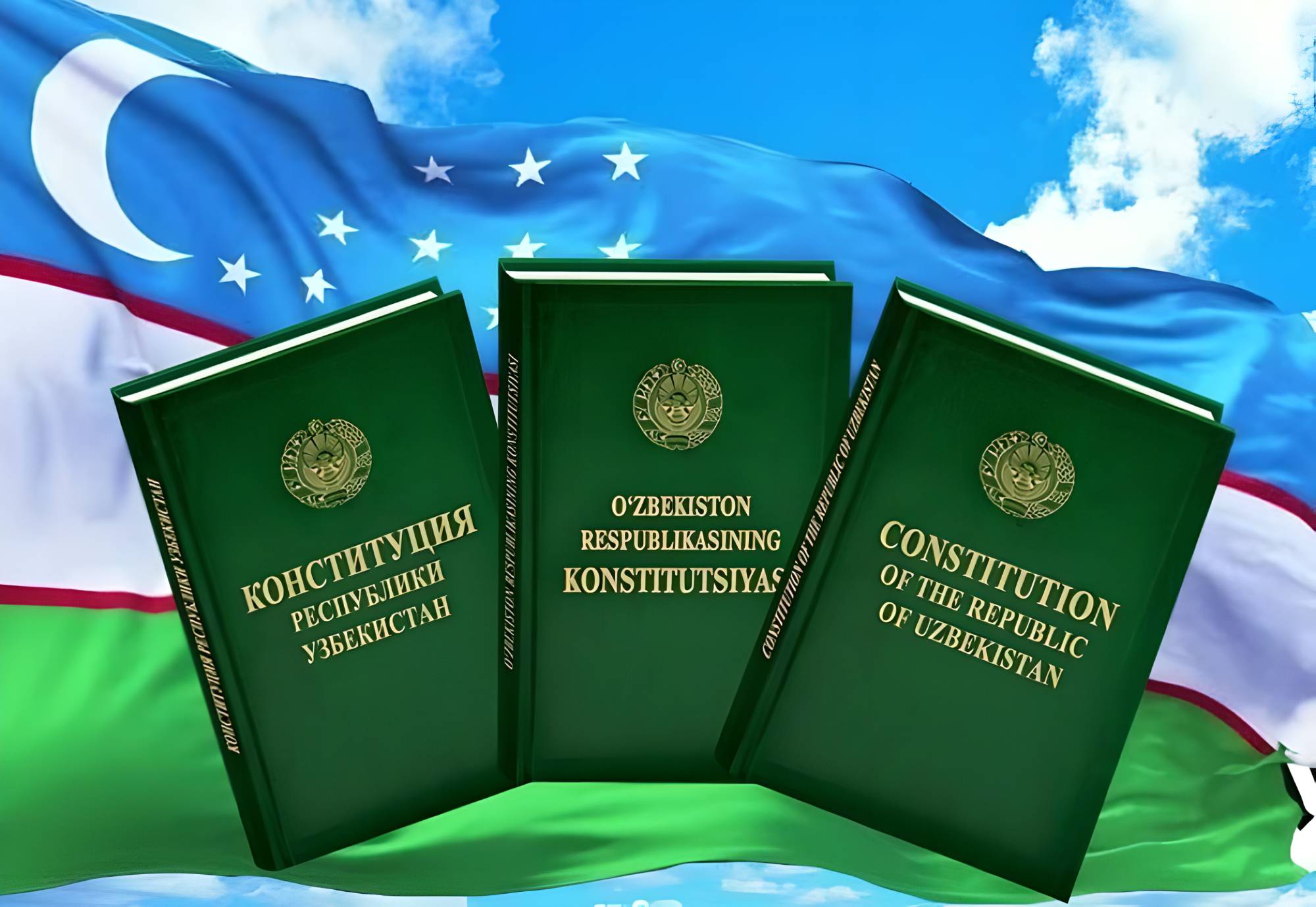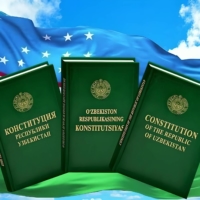A national referendum on the law on the new Uzbekistan Constitution will be held in Uzbekistan on April 30. The updated Basic Law is intended to consolidate the country’s strategic course for further reform of society and the state, which has had a positive impact on its foreign policy, primarily in the Central Asia region.
In 2016, President Shavkat Mirziyoyev declared Central Asia the main priority of Uzbekistan’s foreign policy. The preamble of the new draft constitution notes “Uzbekistan’s desire to strengthen and develop friendly relations with the world community, primarily with neighboring states, on the basis of cooperation, mutual support, peace and harmony.”
It is noteworthy that in June 2018, the U.N. General Assembly adopted the resolution “Strengthening regional and international cooperation to ensure peace, stability and sustainable development in the Central Asian region” on the initiative of Mirziyoyev. He noted at the time, “Our main goal is to jointly transform Central Asia into a stable, economically developed and prosperous region.”
For the first time since gaining independence, the Central Asian states have confirmed their ability not only to take joint actions to solve common regional problems, but also to ensure the well-being and prosperity of their citizens.
Today, the countries of the region are consistently solving the difficult tasks of ensuring security and stability, and the sustainable socioeconomic development of Central Asia. A lot of barriers have been eliminated, such as sensitive border problems. In a short time, conditions have been created for the free movement of citizens and active cultural and tourist exchanges between countries in the region.
For the first time, joint industrial cooperation projects have been launched and new value chains are being created. Because of this, investment banks in Uzbekistan, Kyrgyzstan and Tajikistan have been established to finance promising projects in the industrial, agricultural, energy, infrastructure and automotive fields, among other areas.
Moreover, hydroelectric energy, previously a bone of contention, has become the subject of a partnership among the countries of Central Asia. In January, Uzbekistan, Kyrgyzstan and Kazakhstan signed a road map for the implementation of the Kambarata-1 Hydropower Plant construction project.
A favorable environment has been formed in Central Asia, which contributes to the growth of mutual trade. Uzbekistan has started creating border trade and economic zones with almost all countries of the region. Thanks to this, intraregional trade has doubled over the past five years, and the total gross domestic product of these countries has increased by $75 billion to over $358 billion. In 1991, this figure was about $46 billion.
All these changes have a positive impact on the daily life of Central Asian peoples, improving their well-being and contributing to strengthening stability in the region. The reforms in Uzbekistan and its new regional policy have contributed to a serious acceleration of the economic development in Central Asia. Moreover, consolidation has allowed the countries of the region to increase their role as subjects of the systems of international relations, as well as the ability to take responsibility for regional security.
Only a stable, dynamically developing and prosperous Central Asia can become an attractive, constructive and long-term partner. As U.S. Secretary of State Antony Blinken noted in Tashkent, a more interconnected, cooperative Central Asia will be able to better determine its own future and meet the needs of its people.
Over the past five years, there has been a serious transformation of Central Asia, which has gone from a region of tension and conflict to one of mutual trust, cooperation and partnership. The agenda of the leaders of the Central Asian states has changed, in which issues of implementing common projects of interconnectedness in the spheres of trade, economy, investment, and cultural and humanitarian ties already prevail today.
In recent years, the dynamic trends of Uzbekistan’s cooperation with neighboring states have acquired a qualitatively new, systemic and dynamic character. Uzbekistan’s bilateral relations with the countries of the region have been elevated to the level of strategic partnerships (Kyrgyzstan, Turkmenistan) and alliances (Kazakhstan, Tajikistan).
A mechanism known as the Consultative Meetings of the heads of Central Asian States, initiated by Uzbekistan in 2017, has been successfully launched, contributing to the formation of common approaches and a joint search for solutions to problems of regional security and sustainable development. An active, constructive political dialogue is becoming a key factor in strengthening mutual trust and a common responsibility of the Central Asian states for the present and future of the region.
The countries of the region are building balanced relations with the leading states within the framework of the “Central Asia Plus” dialogue format. This practice has acquired a steady, regular character, contributing to strengthening the image of Central Asia as a unified, consolidated and strategically important region in the system of international relations.
In general, the main result of the implementation of the new regional policy of our president was not only the overcoming of previously seemingly unsolvable contradictions, but also the formation of a powerful foundation for further promotion of regional priorities in the fields of security and sustainable development.
The renewal of the constitution, which defines the trajectory of Uzbekistan’s transformation into an open, democratic and dynamically developing stable state with a strong civil society, determines Tashkent’s more active regional policy in Central Asia. This trend meets the long-term interests not only of the Central Asian countries themselves, but also of the entire international community, which expresses its support for the processes taking place since 2016 in one of the strategically important regions of the world.




